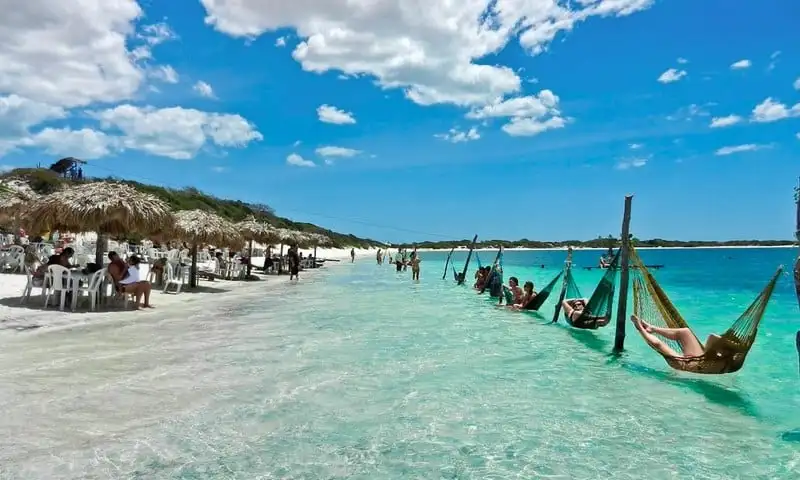Brazil has emerged as the 15th safest destination for tourists, a notable achievement highlighted by a recent insurance report.
This ranking is based on tourists’ experiences visiting the listed countries within the last five years.
The criteria included risks from terrorism, climate emergencies, infrastructure, health conditions, and the safety of women and minorities, such as the LGBT community.
Importantly, these evaluations were completed in September, meaning they do not reflect the recent unpredictable natural disasters, like Iceland’s earthquakes.
Canada leads the top 15 safest countries for travelers, exemplified by Toronto, followed by Switzerland, Norway, Ireland, and the Netherlands, each showcasing its secure and welcoming cities.
The United Kingdom, Portugal, Denmark, and Iceland also feature in the list, showcasing their commitment to safety.
Australia, New Zealand, Japan, France, Spain, and finally, Brazil complete the list with its vibrant Ipanema Beach in Rio de Janeiro.

The report also highlights the safest cities for travelers, with Honolulu, USA, taking the top spot, followed by Montreal, Canada, and Reykjavik, Iceland.
Sydney, Australia, and Amsterdam, Netherlands, also rank high for their safety and appeal.
The list continues with Dubai, Copenhagen, London, Seoul, and Venice, reflecting a diverse range of safe travel destinations.
Tokyo, Berlin, Paris, Barcelona, and Orlando are also recognized for their safety, offering travelers peace of mind.
This recognition of Brazil’s safety for tourists signifies its successful efforts in ensuring a secure environment.
Such a ranking enhances Brazil’s appeal as a tourist destination and positively impacts its tourism industry.
The dynamic nature of these rankings incentivizes continued improvement in safety measures, enhancing tourist experiences and contributing to the growth of global travel.

